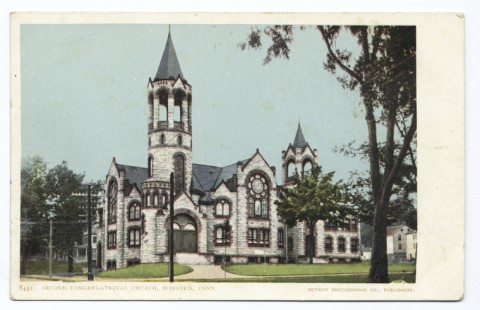Can I ban "remember when"?
Questions that begin this way rarely have to do with the mission.

As in any church with a lot of longtime members, and any church in the midst of the wider church’s decline, it’s a fairly common occurrence for us to hear “remember when” at the start of a sentence or question.
At Old South, the congregation I serve, I’ve noticed that remember when-ing usually has something to do with numbers. Remember when the sanctuary was almost full on most Sunday mornings? Remember when we had a choir so large that it took up both sides of the choir loft? Remember when people had to arrive at least an hour early to get a seat for the Christmas Eve service?
Remember when-ing is also sometimes connected to a sense of status or privilege. Remember when the mayor was always a member of Old South?




